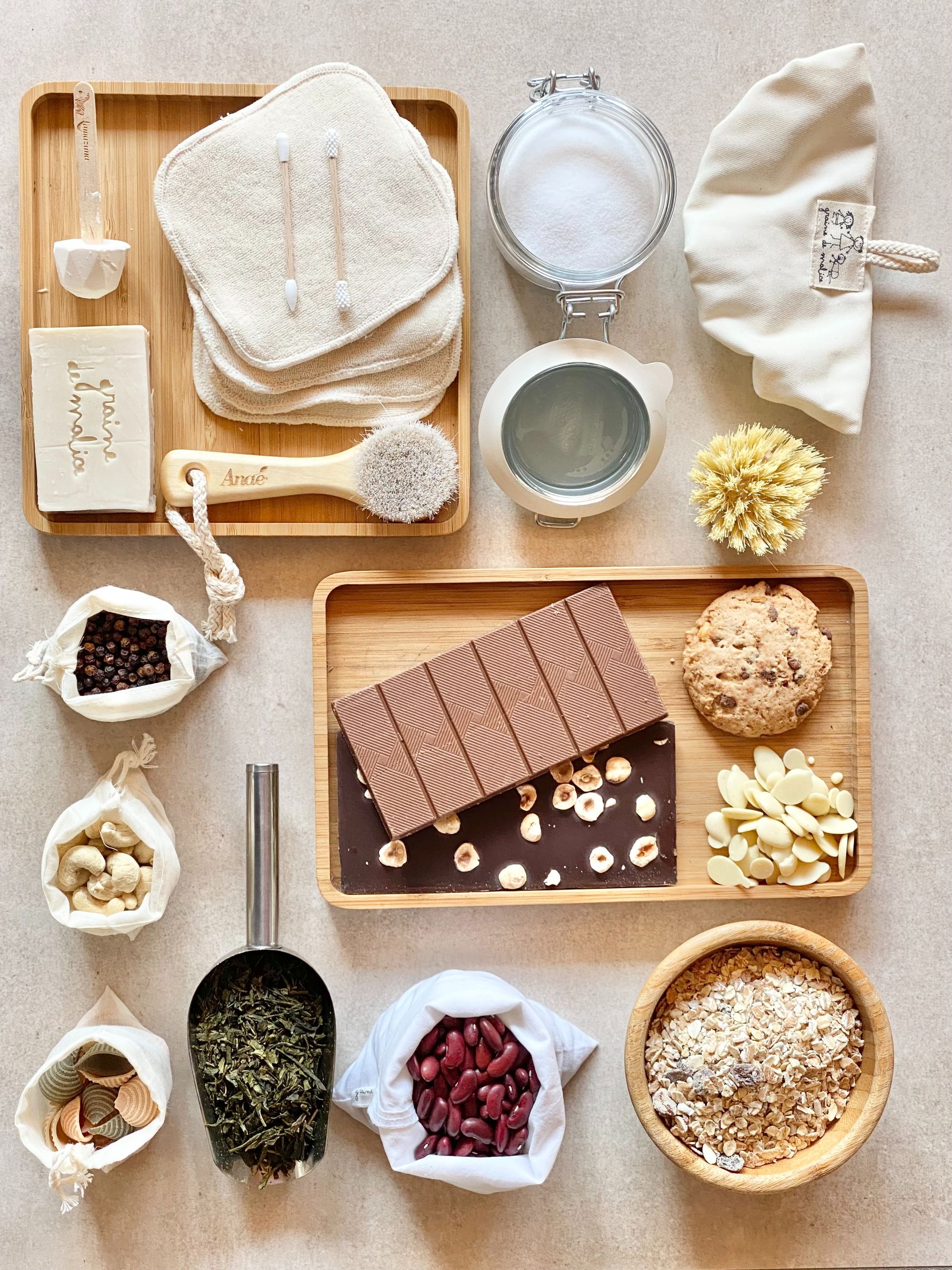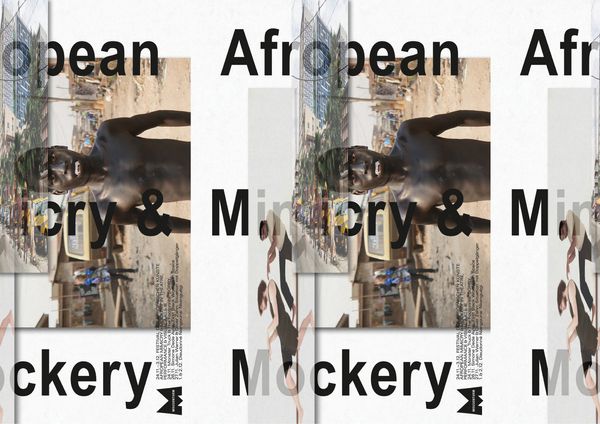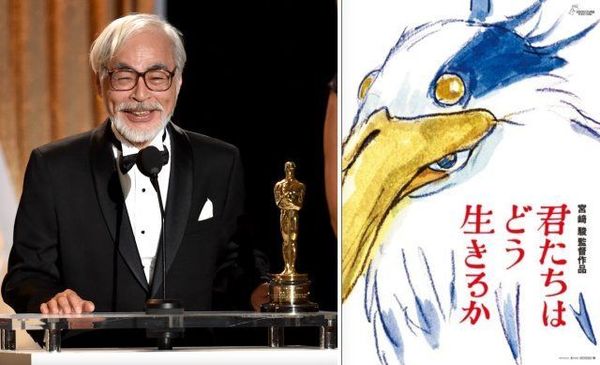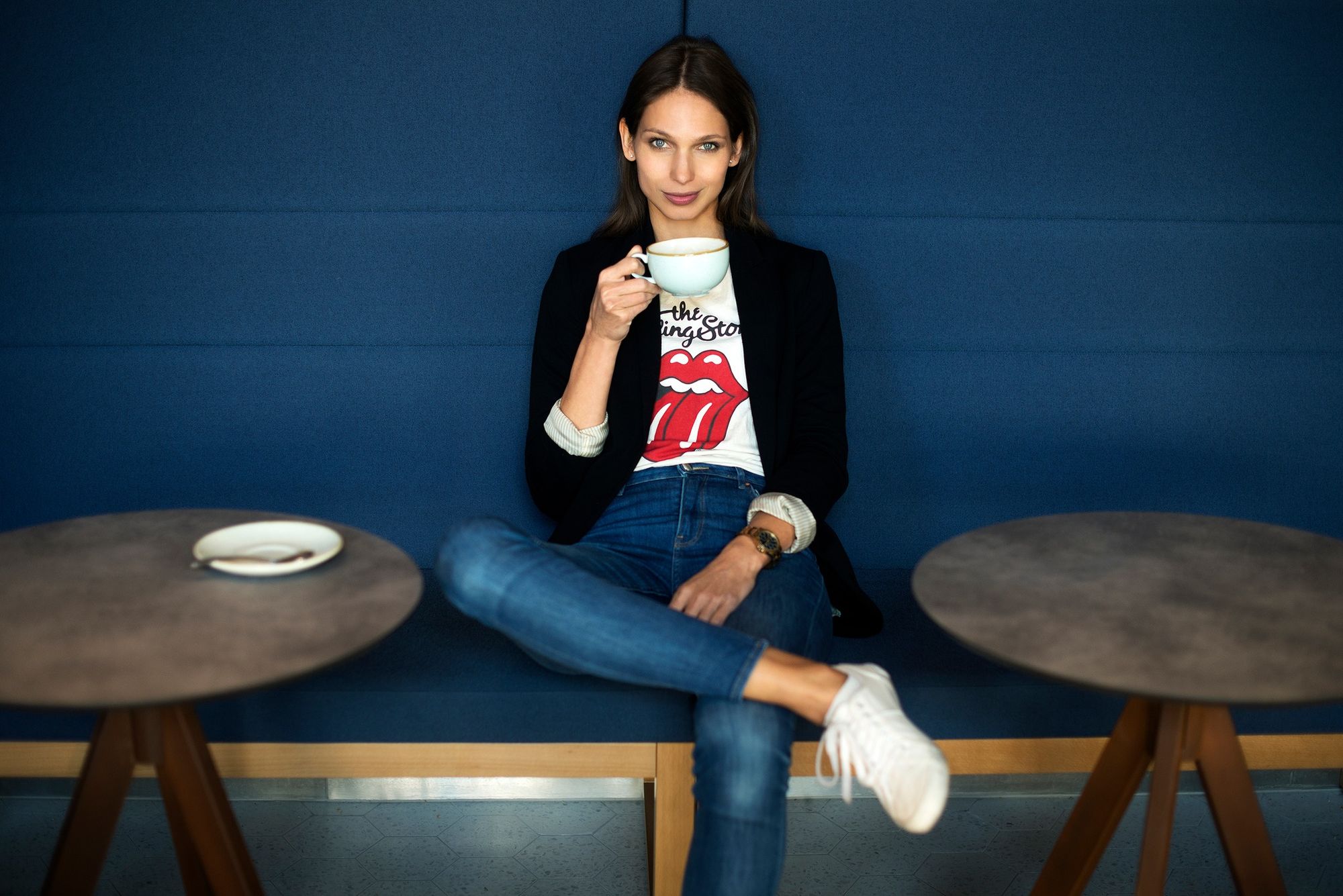She began her career as a model and has published two books on environmentally and budget-friendly cleaning products and cosmetics that can be made at home. Instead of a rigid change, she believes in small steps and self-awareness, which is not only good for the planet but also guarantees a constant sense of achievement. Interview with Brigi Munkácsi, author of Levendula és ecet (Lavender and Vinegar – the Transl.) and Krémek és illatok (Creams and Fragrances – the Transl.).
You have been a model for years and published two books for people interested in the zero waste lifestyle. You have collected recipes for homemade cleaning products in the first and cosmetics in the second. Can you tell us a bit about your journey to environmental awareness and a zero waste lifestyle?
People often ask me if I am not ashamed of my former modeling career, as I was not part of the sustainable side of the fashion industry. It is a fair question, but that was a completely different time in my life; as a teenager, I was not interested in environmental awareness at that level as now. I was a model, but I also wanted an academic degree: I studied Business Administration and Management, and I had an environmental economics course in my major where I had an „aha” moment. That was when I really started to think about what I could do as an individual. I had to choose a topic for my thesis, and sustainable consumption was the only one that really interested me, so I started diving into it. I thought I was being eco-conscious by turning off the lights and not littering, but it has turned out that this is nothing and that much more can be done. It was at this time that my brother-in-law gave me a subscription to an eco-conscious magazine, in which I immediately came across Bea Johnson (world-famous American environmental activist – the Ed.). So, I learned about this way of life while finishing university. And my partner encouraged me to start a blog about this journey: the steps we started to take towards a zero waste lifestyle in our home and how we experienced them. This trend was still unknown in Hungary then, with only one or two exceptions. Later I felt I needed something more tangible, and that is when the idea of the book emerged, which helps people to change their mindset – it is difficult; it is a big change that takes time and energy.
You mentioned the importance of individual action to promote environmental awareness. What do you think of those who say that only big corporations and governments can take real actions?
That is a typical comment, but I am not calmed down by waiting for a solution from the top. Of course, in an ideal world, actions should have come from above; it would be much more effective, as it would bring about a lot more change, but while I wait for that to happen, I also do my part. Our time is running out. More and more people are getting involved, and the number of people interested in green topics is increasing, but the pace is still very slow. We should try to do our very best. I felt awful about how badly I had done things when I started the lifestyle change, and I wanted to change everything at once, which was very overwhelming. It is best to go by categories – for some people, it is the easiest to start in the kitchen, for others in the wardrobe. Once a new habit is established and becomes natural, you can start thinking about the next step. The sense of achievement I felt added a lot to my journey.

How have your books been received?
Levendula és ecet was well-received; people were very happy with it. It covers a general topic relevant for everyone, as it deals with cleaning products. It is particularly interesting to mothers, for example, who do not want their children to be exposed to chemicals. Krémek és illatok was also a success, but it has a much narrower audience. Whereas with cleaning products, you can directly use the recipes presented in the book, Krémek és illatok is more of a supplement to what has already worked.
How long did it take you to collect all the necessary information for your two books?
I am now in my sixth or seventh year of working my way toward zero waste. You can quickly get used to it once you get your head around it.
How can you balance being a mother with young children and maintaining a zero waste lifestyle?
We were lucky because our children were relatively young when we started our zero waste journey, and the eldest has been very interested in it. They learn by imitation as the parent sets the example, so it can be harder to switch with older children. I constantly affect them, so the zero waste lifestyle is embedded into their thinking. They cannot avoid it; I use a bottom-up strategy.
How can we eliminate the voices that encourage overconsumption?
In general, it is about items, so it is pretty easy to do it. You need a bit of self-awareness for this lifestyle, which I would call low waste instead of zero waste, as zero waste sounds too scary, almost unrealistic. You have to know what you need. We need experiences, activities, and hanging out with friends to achieve the joy that shopping would falsely provide.
Many people believe that the zero waste or low waste lifestyle is only a hobby for the upper classes.
It is perfectly fine if someone does not have the capacity to put more emphasis on this because of difficulties in their lives. But if you are financially secure, you can pay more attention. On the other hand, I see that people who have a smaller budget are more careful. We must rethink the way we do things and how we can use what we have again and again.

Around Budapest in 150 years with Boggie

Question the past and design for the present | In conversation with Eike König










